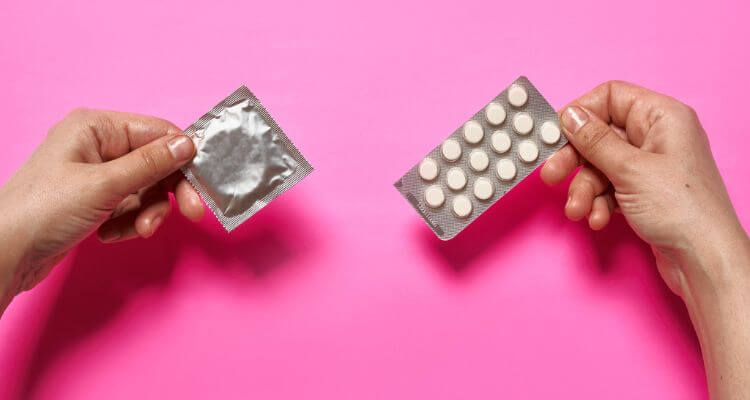Vagina-On-A-Chip Could Revolutionize Sexual Health
Potentially giving us everything from customized lubricants to personalized birth control

What is a vagina on a chip?
A team of scientists led by Harvard University bioengineer Dr. Donald Ingber recently developed an organ chip capable of replicating the vaginal microbiome.
Providing a far more accurate model of how and why bacterial interactions can influence a vulva owner’s physical and reproductive health, Dr. Ingber described the approximately two-inch-long chip’s effectiveness to the New York Times as “this walks, talks, quacks like a human vagina.”
According to the team’s paper published in Microbiome, creating an artificial vagina begins with female volunteer-donated cells. After being sandwiched between silicon wafers and chemically treated, they develop extra-high estrogen and bacteriological sensitivity, allowing the chip to mirror a vaginal biome.

Knowing is better than not knowing
So far, the lack of a realistic, testable vaginal microbiome has impeded the development of more effective treatments for conditions like bacterial vaginosis, which has high relapse rates and, if left untreated, can increase the risk of STDs and cervical cancer.
Other possible benefits include enhanced medications for chlamydia, endometriosis, and candidiasis—more commonly known as a yeast infection.
University of California, San Diego professor Amanda Lewis explained to the New York Times, “We don’t really understand how these processes are triggered by bacteria in the vagina or often even which bacteria are responsible.”
Dr. Ingber’s chip promises to give Professor Lewis exactly what she and other doctors need: a lifelike platform for studying vaginal bacteriological interactions.
More significantly, the vagina-on-a-chip is individualizable. Using a patient’s own cells, it’s possible to mimic their specific microbiome, leading to fully-personalized medications rather than less-effective, more-generic ones.
Though others, like Dr. Lev-Sagie from Jerusalem’s Hadassah Medical Center, point out that vaginas aren’t independent, isolated organs and are affected by the owner’s body.
While a vagina-on-chip may not answer every question, it could still be an invaluable research tool, as even the smallest step forward is crucial when talking about vaginal health and sexual well-being.

Designed for you and you alone
Looking forward, someday, we might be able to use Dr. Ingber’s vagina-replicating technology to provide us with individually formulated, hyper-stimulating sexual lubricants.
Due to the vaginal microbiome’s changeability—sometimes from day to day or one hour to the next—pleasure-boosting lubes could be made to order.
Take a quick, non-invasive sample, pop it into a handy-dandy device, and, presto, you’ll get what you want precisely when you need it.
But why stop at customized, arousal-enhancing lubes when your same vagina-on-a-chip-based analyzer could read your body and create a dose of biologically-personalized birth control as well? Say goodbye to heavy-handed hormones, chemicals, allergic reactions, toxic shocks, or birth control mishaps.
Vaginal-know-how plus uniquely-tailored-formulas might also give us, for lack of a better word, smart lubes: keyed to your body and your sexual response cycle, automatically getting slicker or stickier, increasing or decreasing sensitivity, upping or lessening hormone production as needed.
In the meantime, as Dr. Lev-Sagie told The New York Times, “In the vagina, we knew that bacteria are crucial more than a hundred years ago. We do the research for many years, but we still lag behind.”
Hopefully, not for too much longer, as Dr. Ingber and researchers like him continue to expand our understanding of, and respect for, the vaginal microbiome.

















